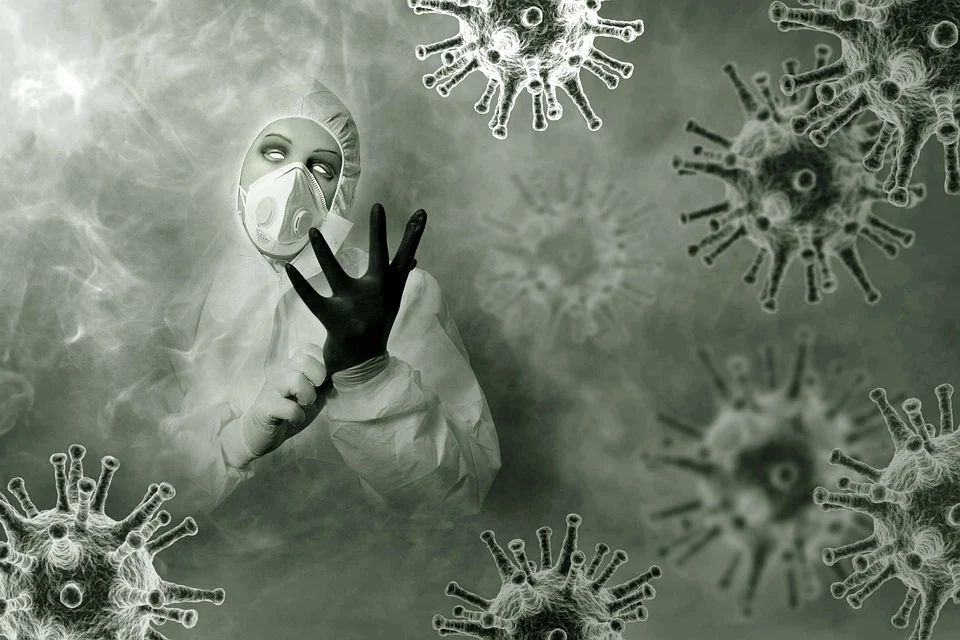After studying a significant number of SARS-CoV-2 mutations, the scientists behind a new study have not identified any that are likely to improve the virus’s transmissibility.
The research, published in the journal Nature Communications, may be valuable in helping scientists keep track of the virus’s possible mutations as it encounters people who have been vaccinated against it.
Viral mutation
SARS-CoV-2, the virus responsible for COVID-19, has been present in humans for approximately 1 year. During that time, though, it has not stayed the same.
Viruses spread by replicating themselves within a host organism. If all goes to plan, this replication results in genetically identical copies of the virus taking over cells within the host. In the case of SARS-CoV-2, these are typically the cells of a person’s respiratory tract.
However, a virus can also mutate during its replication process.
Mutations are key for a virus’s evolution, as they are for other organisms. If a mutation improves the virus’s ability to replicate, the mutation is likely to be passed on and may spread exponentially.
If the mutation is detrimental to the virus’s ability to replicate, it is less likely to be passed on. Mutations that are neutral may be passed on, depending on other factors.
In the case of SARS-CoV-2, a key question is whether and how often the virus’s mutations are likely to improve its ability to replicate, for example, by making it more effective at resisting a person’s immune system.
The virus is already highly infectious, and the disease it can cause has resulted in more than 1.4 million deaths globally. If SARS-CoV-2 mutated to become more infectious, the death rate would likely increase even further.
Alex
Koordynator projektu




